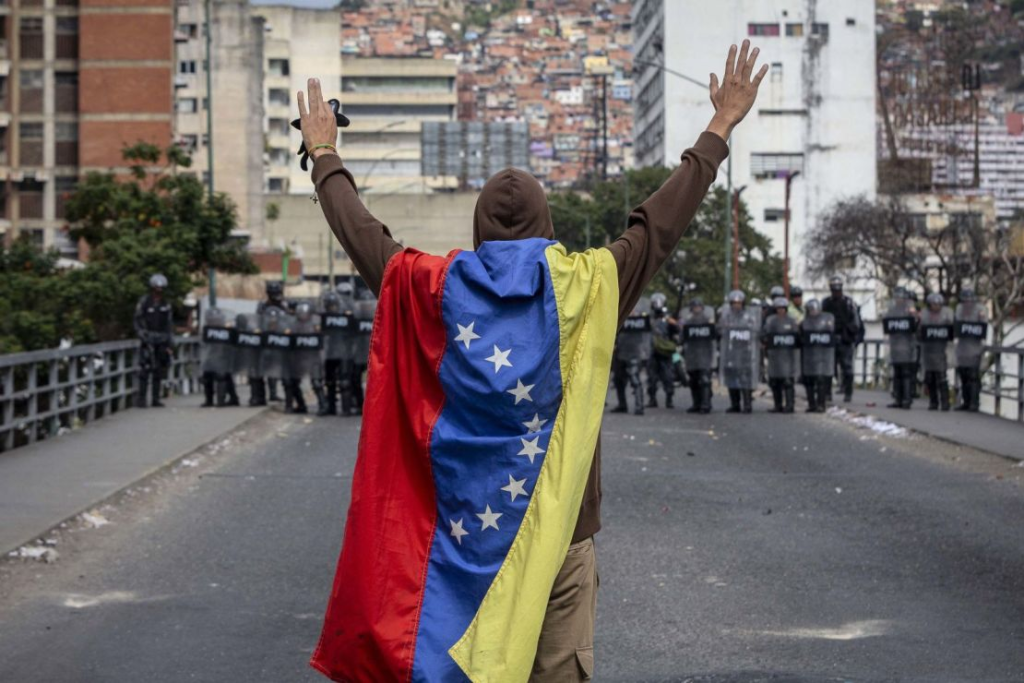The Human Cost of Venezuela’s Crisis
For ten years now, Venezuela has been mired in an unprecedented economic and social crisis. The prolonged struggle has left millions of Venezuelans grappling with poverty, violence, and instability. Regina Garcia Cano’s recent story sheds light on one of the more poignant aspects of this crisis: personal relationships strained and broken by migration. Her coverage of couples separating due to one partner’s decision to leave Venezuela offers a deeply human perspective on the crisis, engaging readers on a more personal level.
Garcia Cano’s reporting, which includes video interviews and an animated WhatsApp conversation, highlights the heartbreak and desperation faced by many Venezuelans. Despite the global tech outage that overshadowed its release, the story resonated with readers, showcasing how personal narratives can illuminate broader socio-political issues.
UNHCR’s Efforts to Address Venezuelan Displacement
The Venezuelan migration crisis is one of the largest forced displacement scenarios globally, with 7.7 million people displaced since 2014. The United Nations High Commissioner for Refugees (UNHCR) is actively working to mitigate the crisis’s impact through several key programs:
1. The Graduation Model Program
Launched in Colombia in 2019, this program supports displaced Venezuelans in achieving economic self-sufficiency. By providing workshops and mentorship in business management, finance, and marketing, it has empowered individuals like Yuli, who started her own jewelry business with the skills acquired through this initiative. Yuli’s success story is a testament to the program’s effectiveness in fostering economic independence among Venezuelan migrants.
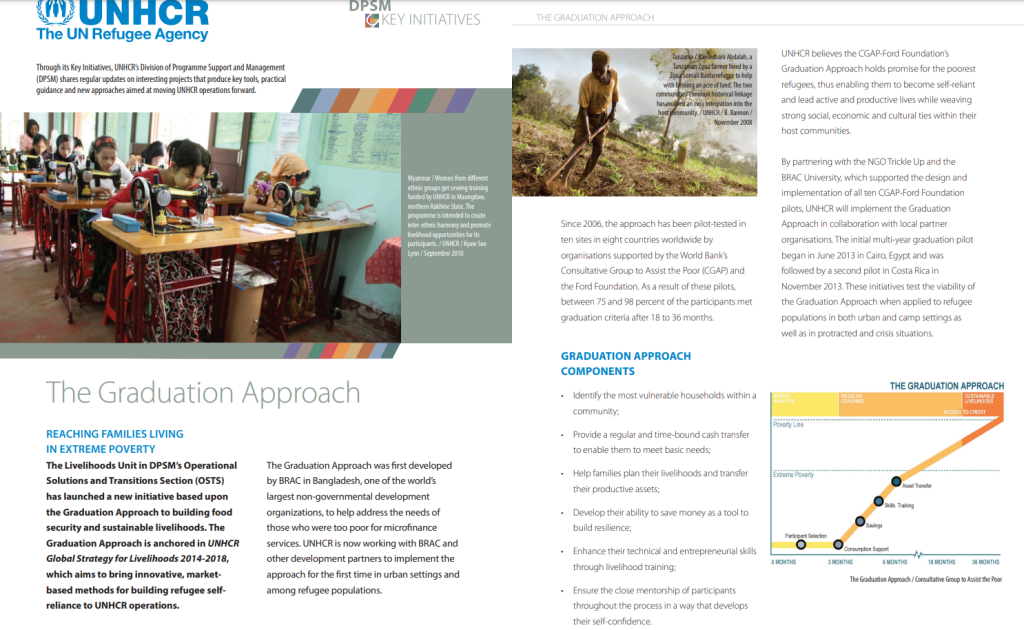
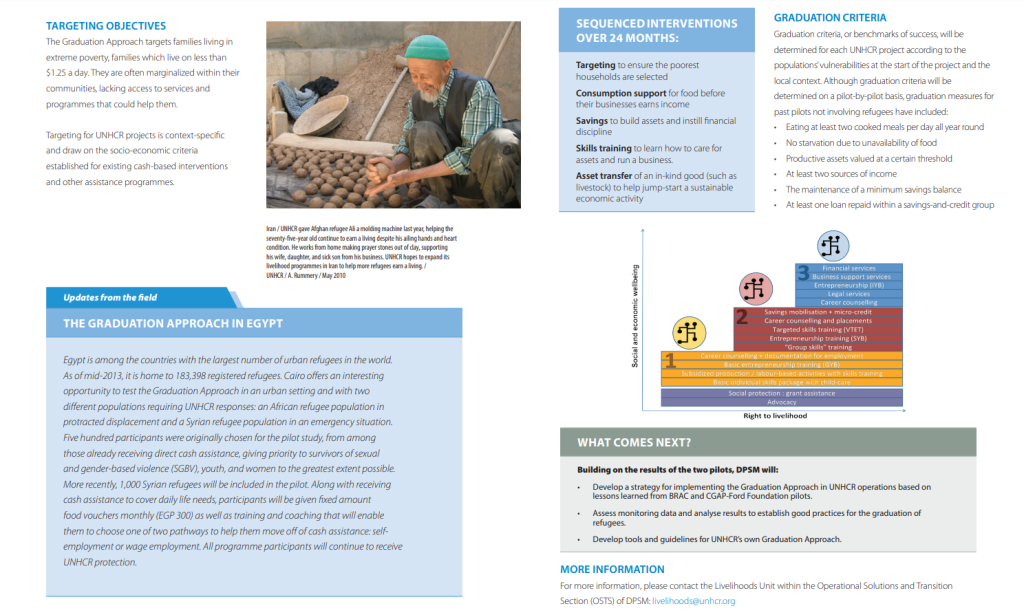
2. The PPN Program
The Pedagogy and Protection for Refugee and Migrant Children with a Mixed Approach (PPN) focuses on integrating Venezuelan children into Colombian society. This program not only enhances educational opportunities but also promotes intercultural understanding. Mariangelis, an eighth grader, has benefited from this program, which has inspired her to pursue human rights studies to address refugee challenges.
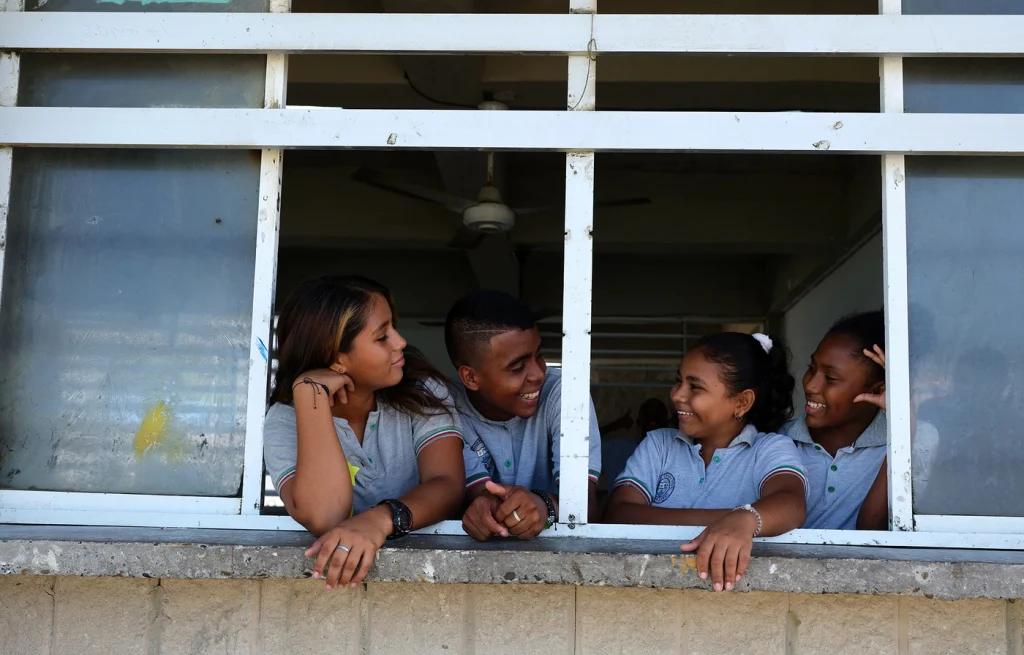
3. The Trust the Toucan Campaign
This initiative combats misinformation about migration by providing verified content and personal stories from refugees. With over 334 pieces of content published and 16 million views in its first year, the campaign aims to better inform prospective migrants about the risks and realities of their journeys.
The Evolving Landscape of Venezuelan Migration
The current migration landscape for Venezuelans is fraught with challenges. Countries like Colombia, Ecuador, and Peru are facing increasing strain as they host millions of Venezuelan migrants. Recent policy shifts in these nations reflect growing reluctance to support new arrivals:
- Colombia: After initially offering comprehensive support, Colombia’s new, more limited program provides legal status for only a subset of undocumented Venezuelan migrant parents, signaling reduced support for the broader migrant population.
- Peru: The imposition of a new visa requirement and refusal to accept expired Venezuelan passports have further complicated the situation, leaving many migrants in a precarious legal limbo.
- Ecuador: Along with other countries like Brazil and Chile, Ecuador offers limited support, exacerbating the difficulties faced by Venezuelan migrants. The recent closure of the Darién Gap by Panama has further restricted migration routes, intensifying the crisis.
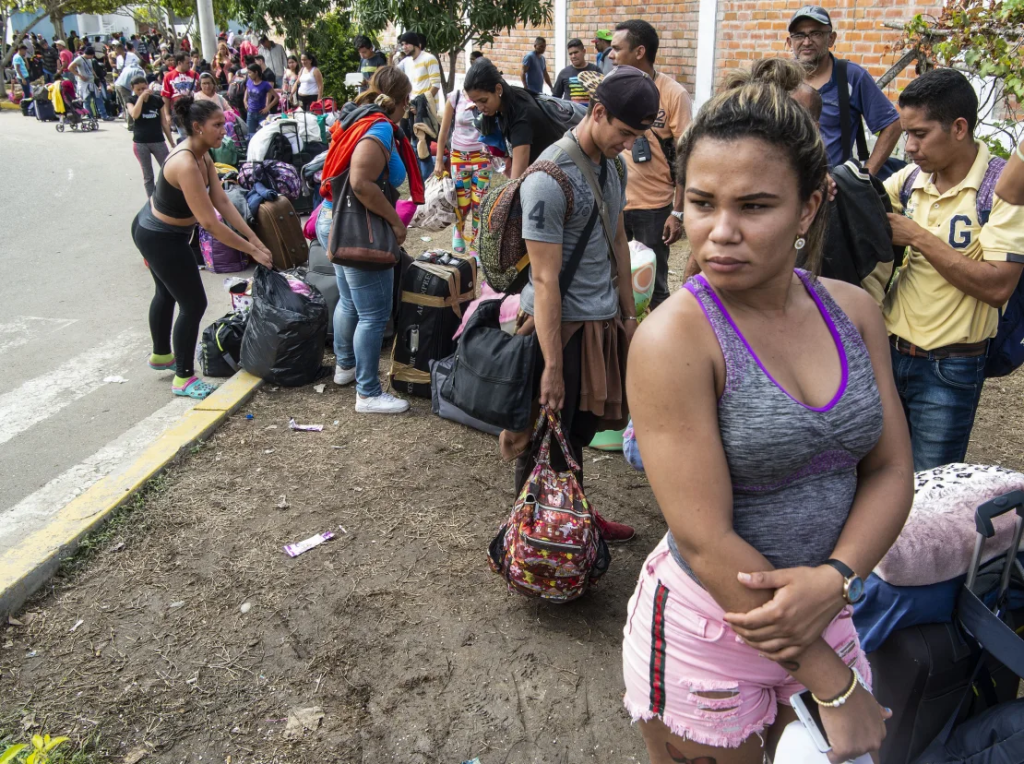
The Implications of Venezuela’s Upcoming Elections
As Venezuela approaches its presidential elections, the potential for further instability looms large. The election, which could see President Nicolás Maduro extend his rule or usher in change with opposition candidate Edmundo González, is critical for the country’s future. The outcome will likely influence the migration patterns of Venezuelans, both those still in the country and those abroad.
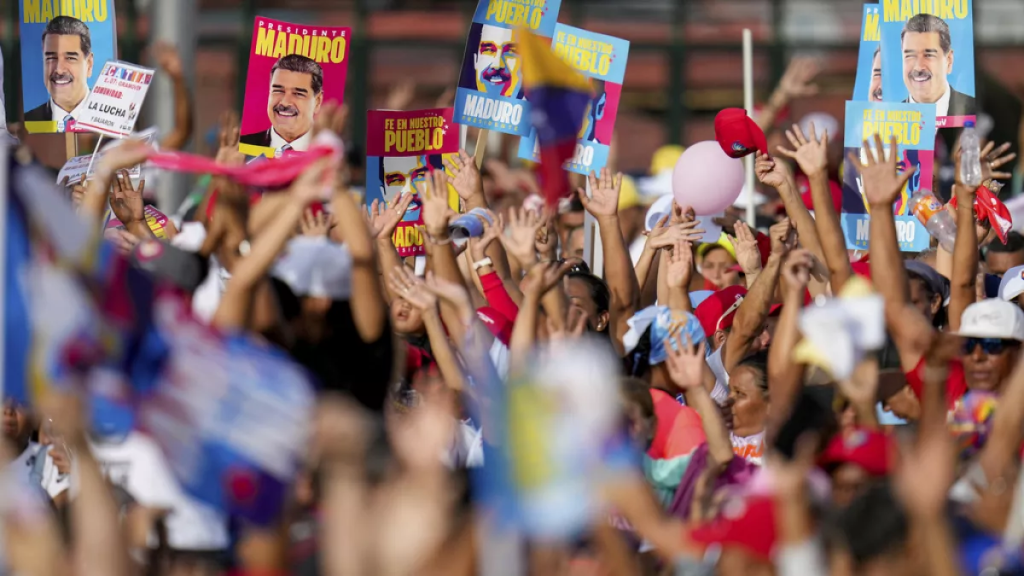
Venezuelan expatriates in the U.S. are closely watching the election, hopeful that a change in leadership could alleviate the conditions driving their migration. However, with recent U.S. policies restricting unregulated entry and potential deportation initiatives, Venezuelan migrants face uncertain prospects. The interplay between Venezuela’s internal political dynamics and external migration policies will be pivotal in shaping the future of the region’s migration landscape.
The Venezuelan crisis, marked by severe economic and political instability, has led to one of the most significant migration crises in recent history. The human stories emerging from this turmoil highlight the urgent need for continued international support and effective policy responses. As Venezuela heads into a crucial election period, the potential for renewed migration and further humanitarian challenges underscores the necessity for a concerted effort to address both immediate and long-term needs of Venezuelan migrants.
Governments and humanitarian organizations must work together to provide viable solutions and support, ensuring that Venezuelan migrants are not left to face these crises alone.


